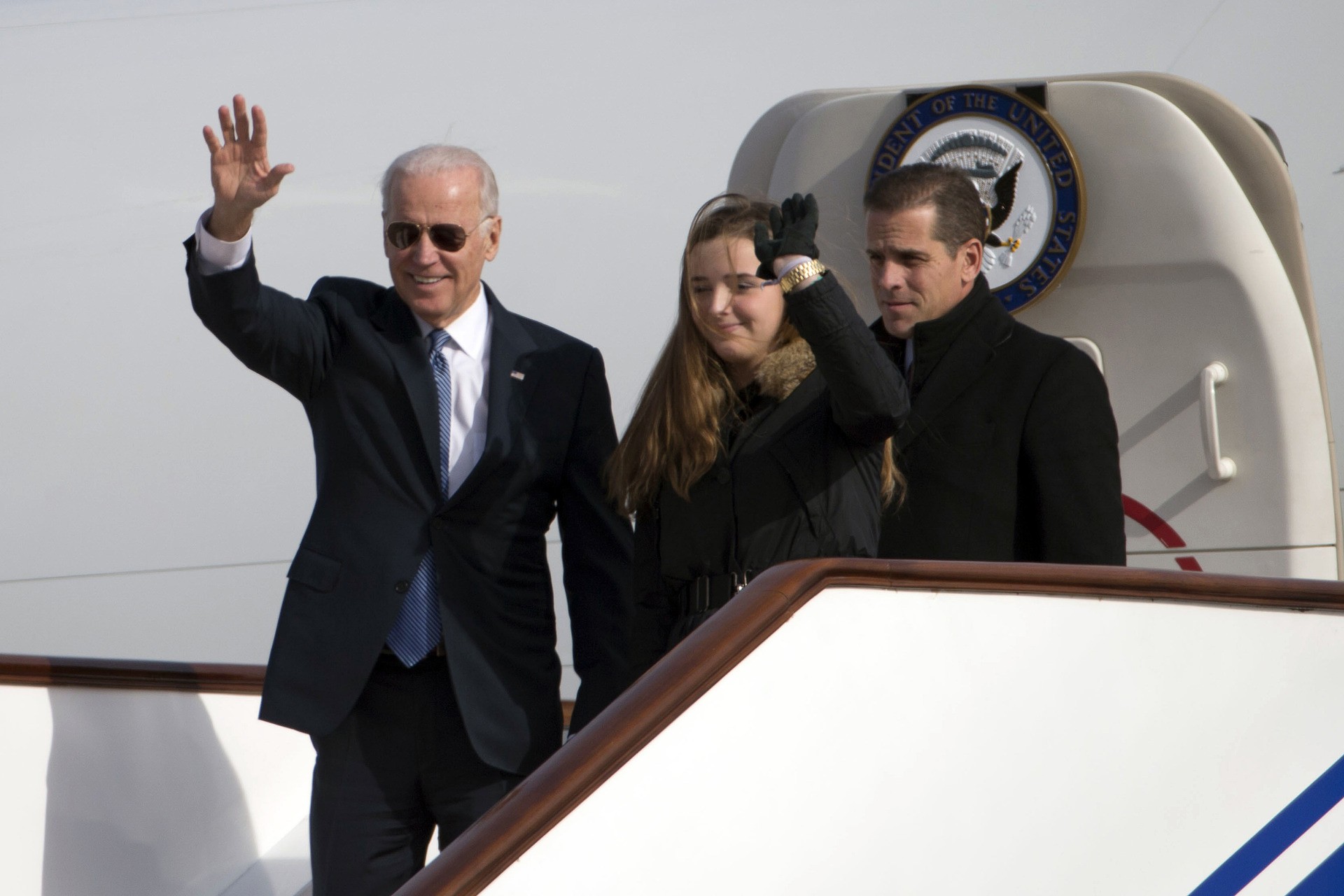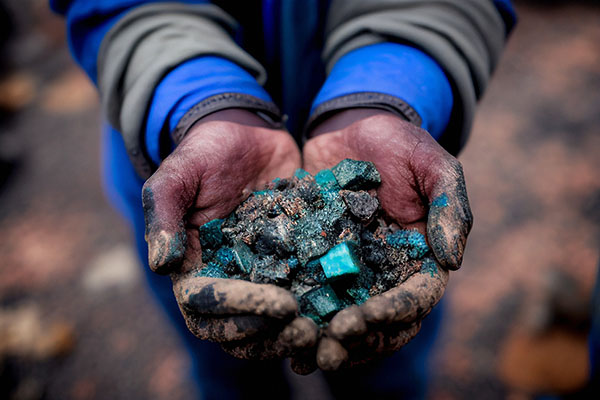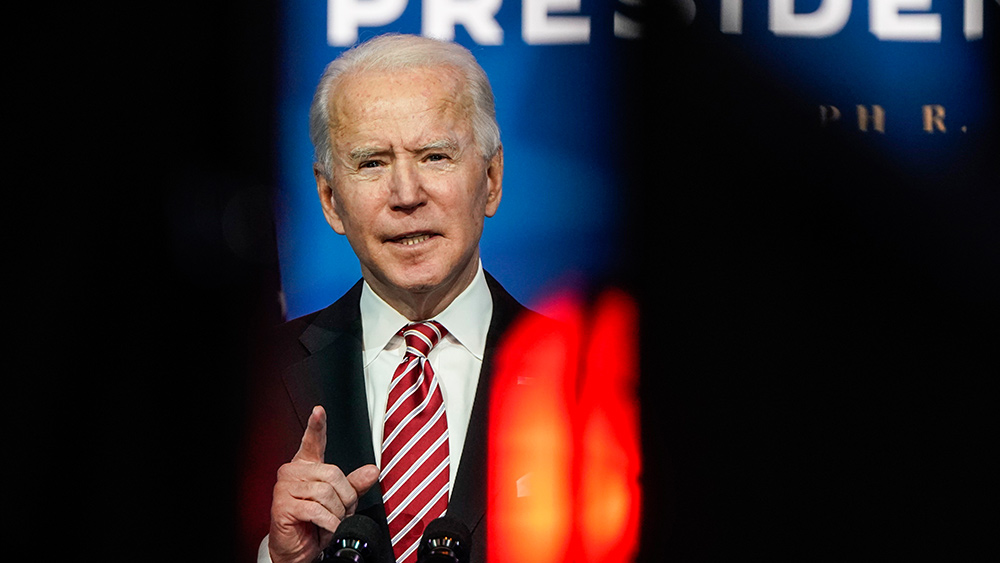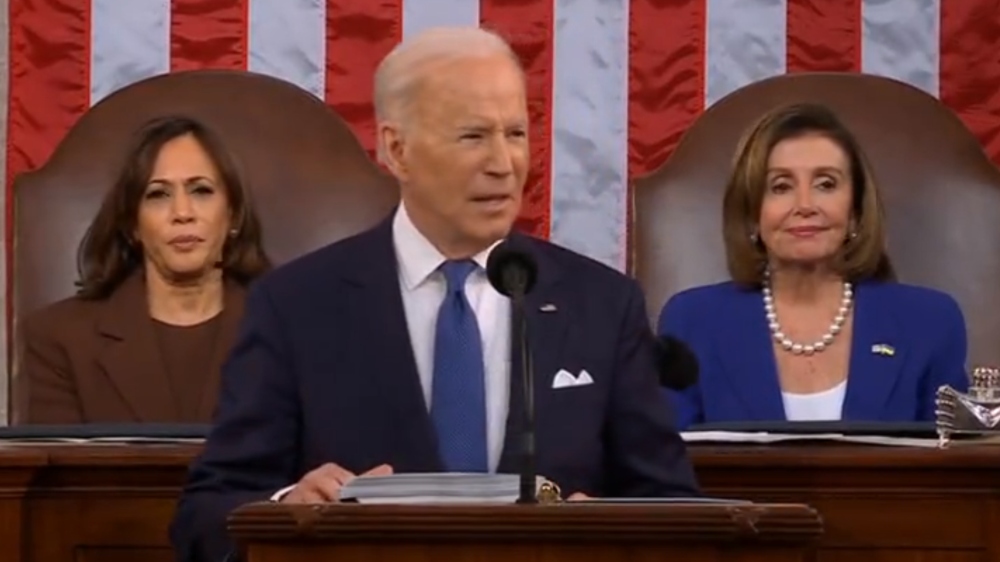DOLLAR DEMISE: Russia’s third largest oil producer switches export settlement currencies almost completely to yuan and rubles
10/04/2023 / By Ethan Huff

In another death blow to the United States dollar, Gazprom Neft, Russia’s third largest oil producer, has almost completely abandoned the global petrodollar reserve currency and switched to Chinese yuan and Russian rubles to settle oil exports.
In an announcement, CEO Alexander Dyukov told reporters that his company is seeing no problems so far in withdrawing foreign currency earnings, though he explained that Gazprom Neft will not be using Indian rupees, at least for now.
“No, we don’t use rupees,” Dyukov stated when questioned by reporters about the switch. “We mainly use yuan and rubles. We have virtually moved away from payments in dollars and euros.”
Furthermore, Dyukov explained that Gazprom Neft is experiencing no issues with withdrawing foreign currency earnings to settle payments made.
“We don’t have this issue,” he said. “All the revenue we receive from sales of our exported oil and oil products, we receive in a short period of time.”
(Related: Last summer, Russian President Vladimir Putin announced that the BRICS member nations, including Brazil, Russia, India, China, and South Africa, are establishing a new global reserve currency to replace the collapsing U.S. dollar.)
Russia cutting oil production voluntarily to keep prices high
A few weeks back, Dyukov revealed that his company and the other leading OPEC+ oil producers will act if the global oil market ends up facing a shortage.
In 2022, OPEC and its allies, known as OPEC+, started limiting supplies of oil to help support prices. These cuts continued into 2023 as Saudi Arabia and Russia both extended their combined cuts of 1.3 million barrels per day (bpd) in output until the end of the year.
Because of this, some analysts and think tanks are predicting a substantial market deficit of oil throughout the fourth quarter, which if this happens will result in OPEC+ coming to the rescue.
“If a situation emerges with an oil shortage, then, accordingly, there is OPEC+, which can react to this and increase the volume of oil supply to the market,” Dyukov is quoted as saying.
While a hike in duty on Russian fuel exports will help to thwart a shortage temporarily, more action could be necessary in the future to prevent a global shortage of oil, which is currently costing Americans more money than ever, in many areas.
The Russian government is said to be mulling the possible imposition of export duties of $250 per metric ton on all types of oil products. This fee is substantially higher than current fees, and would last from October 2023 through June 2024.
In a statement to reporters while at a conference in the city of Tyumen in Western Siberia, ground zero for Russia’s oil production, Dyukov claimed that the global oil market is currently “balanced,” and that the price of oil is “fair.”
About a month ago, Gazprom Neft saw its second quarter results fall in net profits by 43 percent to Rbs140.1bn ($1.5bn). Last year, Gazprom Neft did not even publish its financial results.
Between January and June of this year, Russian oil and gas revenue fell by nearly 50 percent compared to the same period last year. Revenues fell to Rbs 3.38tn ($37.4bn) in the first half of this year.
On July 3, Deputy Prime Minister Alexander Novak announced that Russia’s oil production would be voluntarily cut by 500,000 barrels of oil per day (bopd) in an effort to spike oil prices.
“Brent crude oil increased as much as 1.6% to $76.6 per barrel after the announcement, following an announcement on voluntary output cuts of 1 million bopd for another month by Saudi Arabia,” reported Offshore Technology.
It will not be long now before the global political and monetary climate changes to the point that the U.S. dollar is no longer king. Learn more at Collapse.news.
Sources for this article include:
Submit a correction >>
Tagged Under:
big government, BRICS, bubble, collapse, currency crash, currency reset, dedollarization, dollar demise, economic collapse, energy supply, finance, finance riot, fuel supply, Gazprom Neft, inflation, market crash, money supply, oil, petrodollar, power, risk, Russia, supply chain, western arrrogance
This article may contain statements that reflect the opinion of the author
RECENT NEWS & ARTICLES
COPYRIGHT © 2022 FuelRationing.news
All content posted on this site is protected under Free Speech. FuelRationing.news is not responsible for content written by contributing authors. The information on this site is provided for educational and entertainment purposes only. It is not intended as a substitute for professional advice of any kind. FuelRationing.news assumes no responsibility for the use or misuse of this material. All trademarks, registered trademarks and service marks mentioned on this site are the property of their respective owners.



















